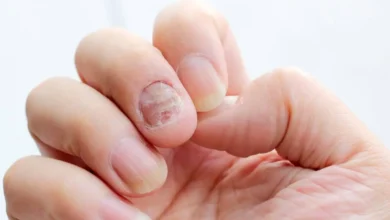6 Natural Home Remedies for Mouth Sore Relief and Prevention
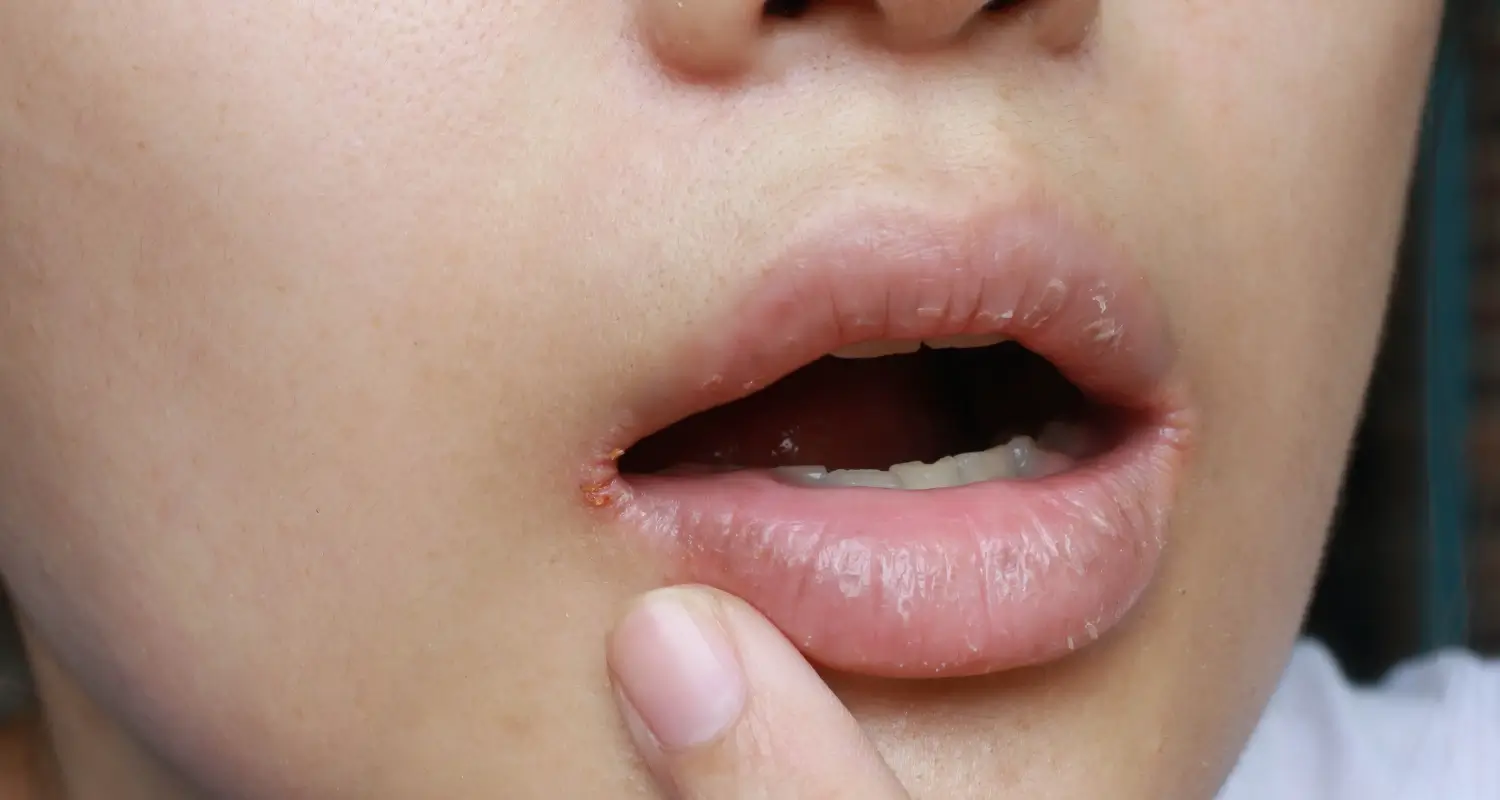
Mouth sores are a common annoyance; they can make talking, eating, and even smiling painful. This is a practical guide to home remedies tailored for anyone who wants to tackle this discomfort without pharmaceutical intervention. We will explore what mouth sores are and why they appear, break down six effective natural remedies from the depths of traditional medicine, and provide expert insights on not just treating but also preventing these pesky oral irritations.
Understanding Mouth Sores
Before we combat them, we must understand our enemies. Mouth sores, or oral ulcers, are lesions that can appear on the gums, tongue, inside the cheeks, or lips. There are several types, each with its own set of causes and characteristics:
- Canker sores: These are small, painful ulcers that can appear in multiple spots in the mouth. The exact cause is unknown, although they can be triggered by stress, certain foods, or minor injuries from dental work or brushing.
- Cold sores: Also known as fever blisters, these are groups of fluid-filled blisters that often appear around the lips and are caused by the herpes simplex virus.
- Thrush: A yeast infection in the mouth causing white patches on the tongue, inner cheeks, or roof of the mouth.
Natural Remedies That Work
A growing number of individuals are turning to natural remedies for their health issues, and mouth sores are no exception. Here, we don’t just toss out random suggestions; we bring you time-tested remedies, some of which have been staples of natural medicine for centuries, and the others are backed by sound scientific support.
Aloe Vera
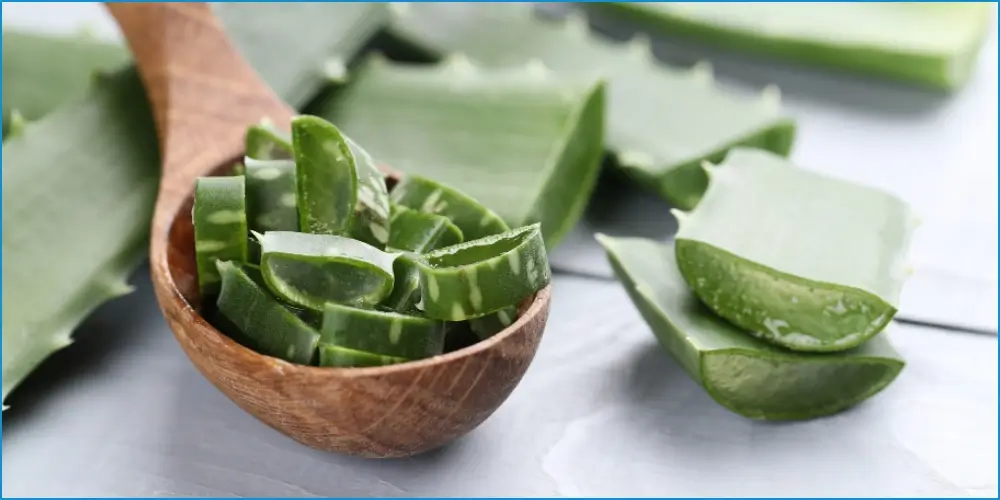
Aloe vera is a go-to in skincare, but its magic doesn’t stop there. Its anti-inflammatory and wound-healing properties make it an attractive candidate to soothe and heal mouth sores. To use it, simply apply fresh aloe vera gel or a trusted commercial aloe vera gel-based product directly to the sore several times a day. It can both ease the soreness and expedite the healing process.
Licorice Root
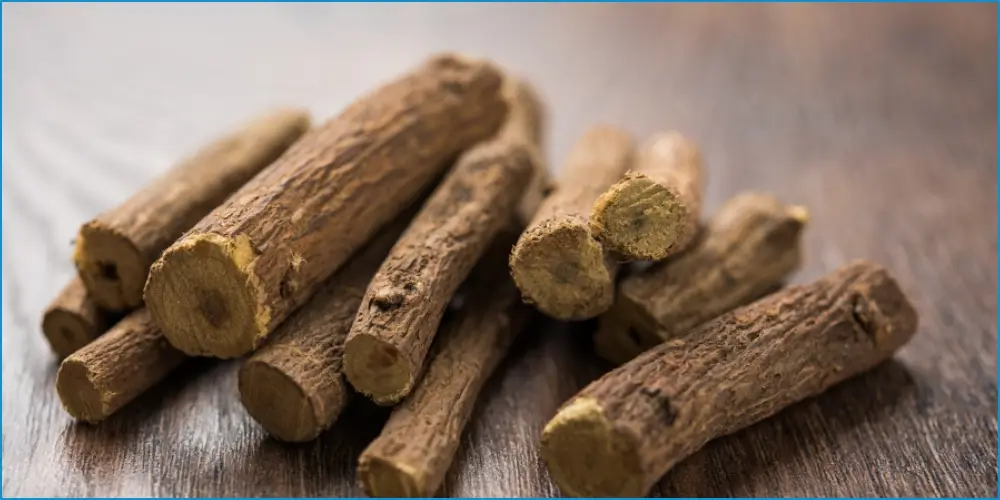
Adding to aloe’s anectodal and demonstrated efficacy, licorice root has an acclaimed role in reducing inflammation associated with ulcers. The licorice extract, which is available as a gel, can be applied to the sore a few times a day. The glycyrrhizic acid in the root has antiviral and antimicrobial properties that can help against herpes, a common cause of cold sores.
Honey
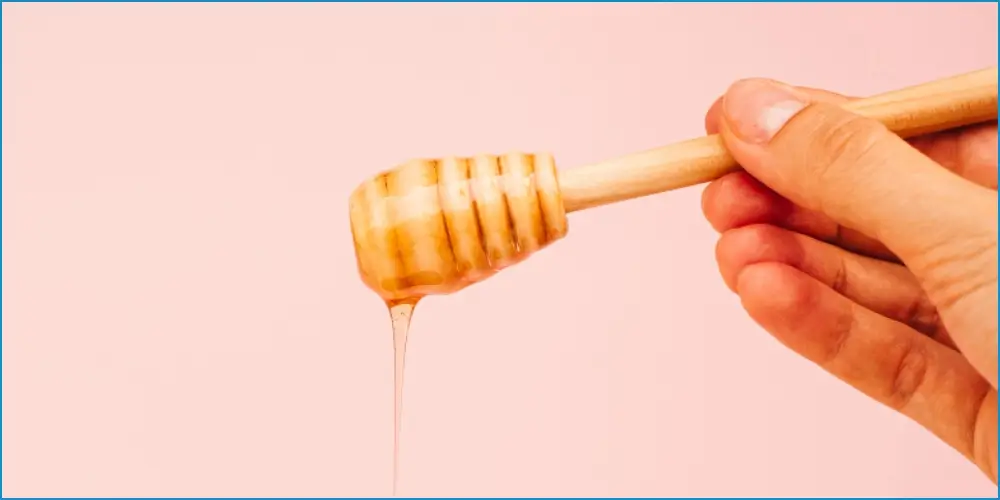
Long before beekeeping was a leisure activity, honey was a home remedy for almost every ailment. Its antibacterial and anti-inflammatory properties speed up the wound-healing process and can manage pain. It’s best to use raw, unprocessed honey directly on the sore a few times a day. However, be cautious about its use in children under 1 year old due to the risk of botulism.
Sage Rinse

Nature’s pharmacy isn’t just about direct application; sometimes, infusions do the trick. Sage, a plant renowned for its medicinal properties, can be brewed and used as a rinse. Steep a tablespoon of dried sage in a cup of boiling water, cool it, and then swish it in your mouth several times a day to alleviate discomfort and promote healing.
Tea Tree Oil
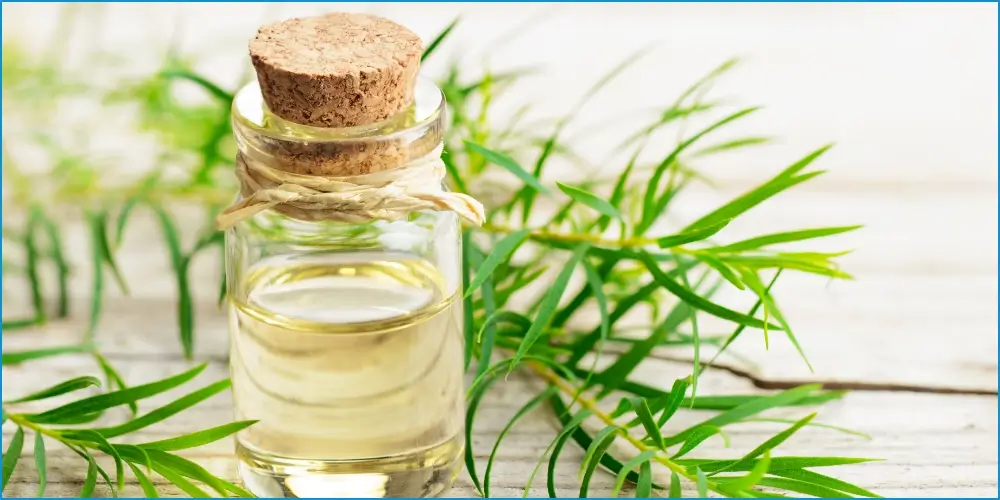
Tea tree oil, an essential oil with diverse anti-inflammatory and antimicrobial properties, could be your ticket to fast relief. However, essential oils are potent and should never be ingested. A drop or two diluted in warm water can be used as a rinse several times a day. Remember to spit it out; it should never be swallowed.
Coconut Oil
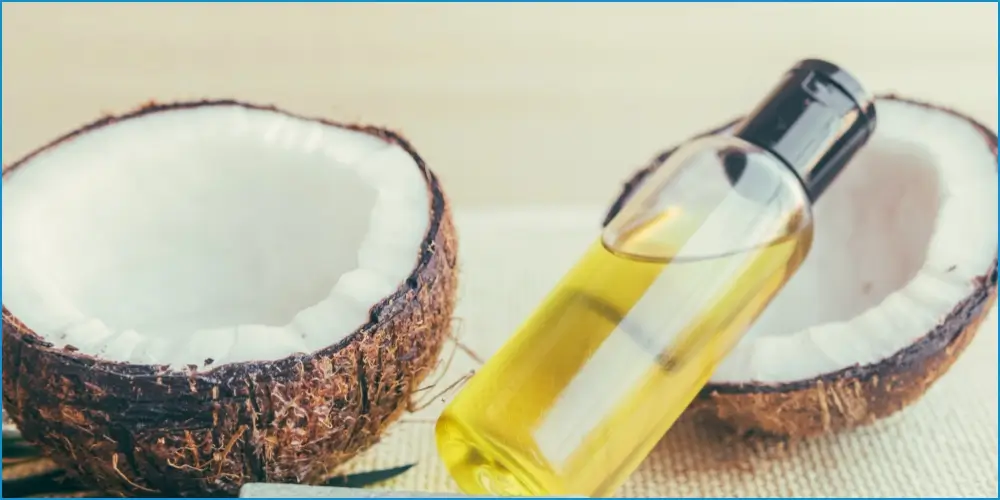
Coconut oil pulling or swirling it around the mouth for several minutes has become increasingly popular for oral hygiene. The lauric acid in coconut oil has antimicrobial properties that can potentially help heal and prevent mouth sores. Incorporating this into your daily routine can maintain oral health and reduce the risk of infections.
Read also: 4 Natural Mouthwash Recipes for Bad Breath
Tips for Prevention and Long-Term Oral Health
A good offense is the best defense, and this couldn’t be truer than with mouth sores. There are numerous things you can do to reduce the risk of developing them:
- Maintain proper oral hygiene by brushing and flossing daily.
- Avoid very hot, spicy, or acidic foods that can irritate the mouth.
- Manage stress, as it’s a common trigger for canker sores.
- Ensure you’re not deficient in essential vitamins and minerals, especially B-12, folate, and iron.
- Be cautious with certain medications that can cause mouth irritation; always use them according to your doctor’s advice.
When to Seek Professional Help
While most mouth sores go away on their own within a week or two, some are signs of a more serious health condition and require professional attention. Here are some indications that you should consult a healthcare provider:
- If the sore lasts more than two weeks.
- If it’s unusually large and painful.
- If it’s interfering with eating or drinking.
- If there are sores along with a high fever or difficulty swallowing.
Conclusion
When it comes to managing mouth sores, the magic of nature can be a powerful ally. The remedies we’ve discussed—aloe vera, licorice root, honey, sage rinse, tea tree oil, and coconut oil are not just natural but also tried and true. By incorporating these into your oral care routine, you can find relief from the occasional mouth sore and potentially reduce their frequency. Remember, while these remedies are safe for minor irritations, always keep an eye on developing sores and consult a healthcare professional if they persist or are accompanied by more severe symptoms.
FAQ
Q: How quickly can I expect results from these natural remedies?
A: Results vary based on the individual and the severity of the mouth sore. Some might notice improvements within a few hours, while others may take a few days. Consistent application is key.
Q: Are these remedies safe for children?
A: Most remedies are safe, but caution should be exercised, especially with honey (not for children under 1 year of age) and essential oils. Always consult a pediatrician before trying new treatments on children.
Q: Can I use multiple remedies at the same time?
A: Yes, many of these remedies can be used in conjunction unless otherwise noted. However, monitor your reaction to each remedy when used in combination to avoid adverse effects.
Q: Is there a risk of allergic reactions?
A: As with any substance applied to or ingested by the body, there’s a potential for allergic reactions. Conduct a patch test when using a new remedy externally, and consider consulting a healthcare provider before ingesting any substances if you have known allergies.
Q: What should I do if my condition worsens after using these remedies?
A: Discontinue use immediately and seek advice from a healthcare professional. While these natural remedies are beneficial for minor ailments, they are not substitutes for professional medical advice and treatment.
Q: Can these remedies be used to prevent mouth sores?
A: Some remedies, like coconut oil pulling and maintaining proper oral hygiene, can help reduce the likelihood of developing mouth sores. Others are more suited for treatment rather than prevention.
Q: How long do these remedies last when prepared? For example, the sage rinse?
A: Homemade remedies like the sage rinse should be used the same day they are prepared for maximum freshness and effectiveness. Do not store or reuse mixes, especially those that involve water, to prevent bacterial growth.
